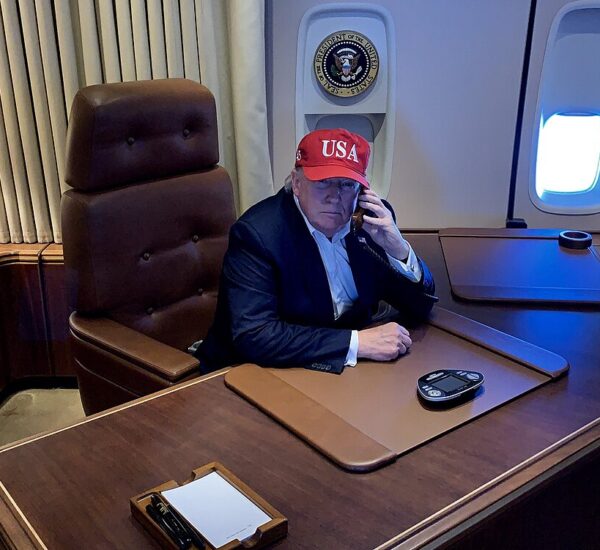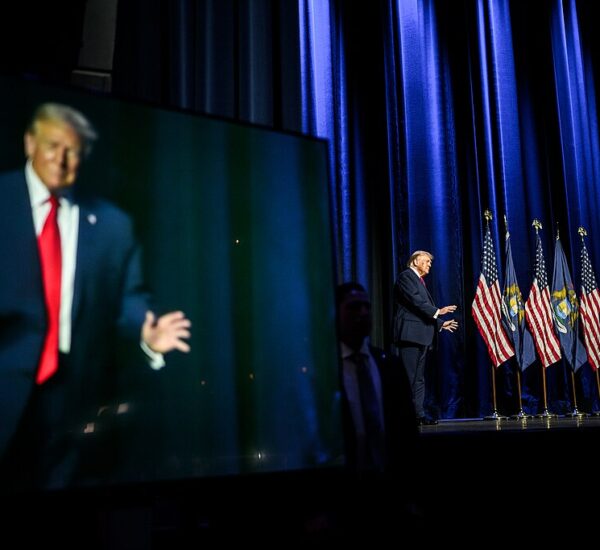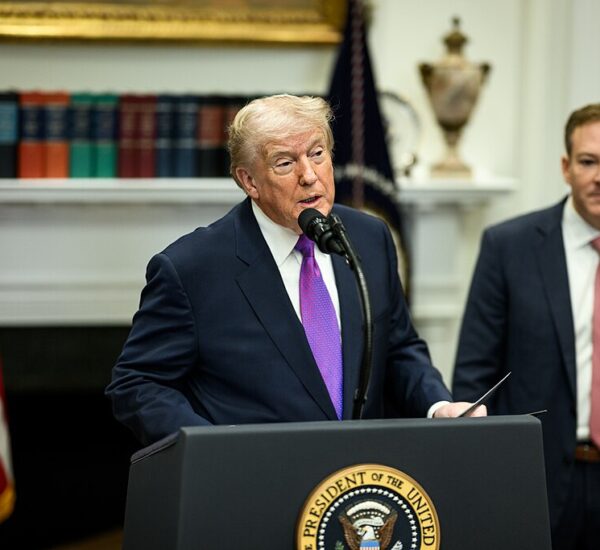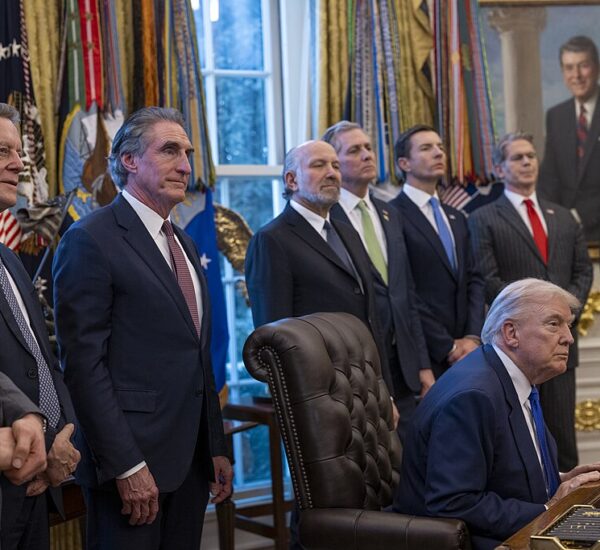Judge Blocks Trump’s Fishing Order
Honolulu, HI — In a major win for environmental activists and a blow to American fishermen, a federal judge in Hawaii has shut down commercial fishing in one of the most resource-rich areas of the Pacific Ocean — reversing a key Trump-era policy designed to grow the U.S. fishing industry and cut job-killing regulations.
The ruling halts all fishing between 50 and 200 nautical miles around Johnston Atoll, Jarvis Island, and Wake Island, part of the massive Pacific Islands Heritage Marine National Monument. This remote stretch of ocean — home to tuna, swordfish, turtles, seabirds, and marine mammals — covers roughly 500,000 square miles and had been reopened to commercial fishing under President Donald Trump’s 2020 executive order.
Trump had argued that the U.S. should be “the world’s dominant seafood leader,” opening the waters to create jobs, strengthen the economy, and reduce foreign seafood imports. His order rolled back Obama-era restrictions that locked out American fishermen while allowing foreign competitors to profit.
But environmental groups, represented by Earthjustice, sued to stop the fishing. They claimed that longline fishing — an industrial method using baited hooks stretching up to 60 miles — could snag endangered turtles and seabirds. They also argued that the Trump administration changed the rules without going through the usual public comment process.
Judge Micah W.J. Smith sided with the activists, ordering all boats catching fish for sale to leave the area immediately. For Hawaii’s longline fleet and crews across the Pacific, it’s a devastating setback — wiping out months of work and millions in potential revenue.
Hawaii fishermen say they’ve already made major safety and environmental changes, like using circle hooks to protect marine life. Industry leaders argue that this ruling ignores those improvements and hands a victory to radical environmental groups over American workers.
The lawsuit also included claims from Native Hawaiian activists, who say commercial fishing in the monument expansion harms their cultural and spiritual connections to the Pacific.
What’s next? The federal government must now go through a lengthy rulemaking process before deciding if fishing can resume — meaning American fishermen will remain sidelined while foreign fleets keep harvesting seafood from nearby waters.
This case underscores a growing trend: even when a President cuts regulations to help U.S. workers, activist judges and special interest groups can step in to shut down industries — costing jobs, raising prices, and weakening America’s food security.







https://shorturl.fm/7uRTU